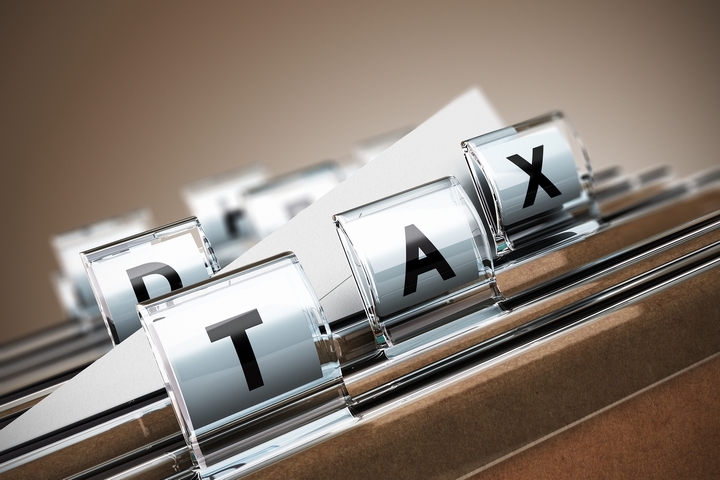A Beginner’s Guide to Tax Sale Properties
Perhaps you are wondering what a tax sale property is. Or perhaps you already know, but you would like to understand how it works so you can decide whether you want to invest in tax-sale properties.
This beginner’s guide to tax sale properties should answer most of your questions. Let’s get started with this one:
What is a tax sale property?
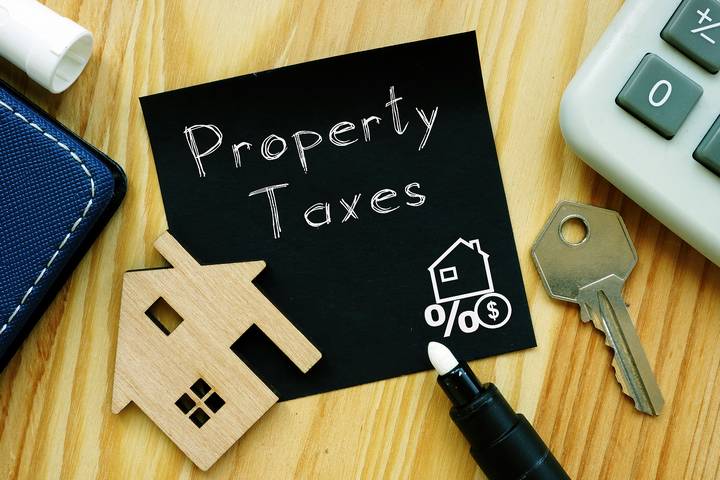
When homeowners cannot pay their property taxes, their municipality can list their home for a tax sale. A tax sale property is then auctioned so the municipality can recover unpaid taxes.
To stop a tax sale before it occurs, the former owner must pay the full amount they owe. If they can’t do that, their property will be auctioned.
How are tax sales conducted?
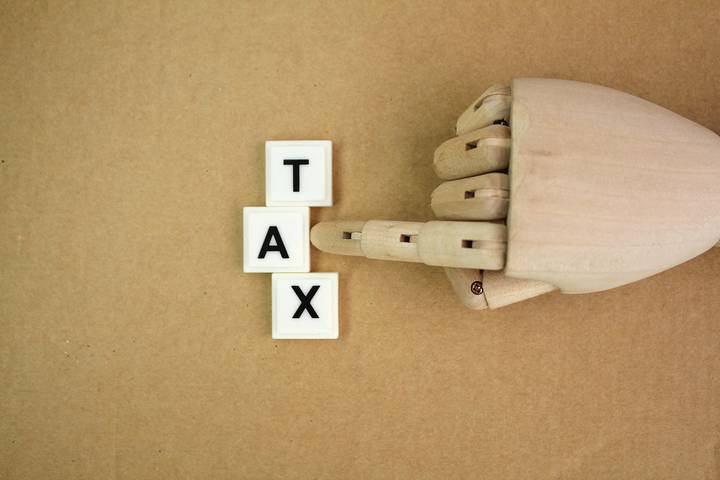
Ontario tax sales can be conducted by public auction or by public tender.
If the tax sale you are interested in is a public auction, you will have to attend the auction to purchase a property. Before doing so, you should do some research to find out if there are any mortgages or interests that will affect it.
Then, if you are the highest bidder, you will have to pay for the property immediately.
If the tax sale is a public tender, you must submit a document stating how much you are willing to pay for the property instead of attending an auction.
The minimum tender amount is the smallest amount the municipality will accept for a property. To win, your bid will have to be higher than that.
What happens if you buy a tax sale property?
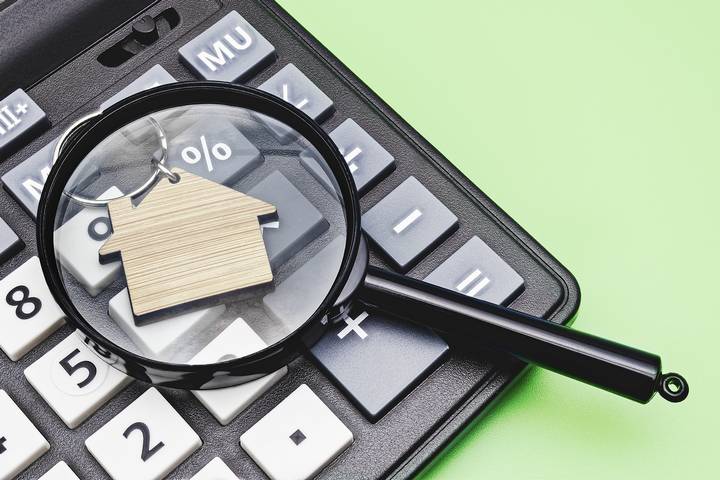
If you are the highest bidder, the municipality will register a tax deed in your name as soon as you have paid for the property. You will then officially become its new owner.
The mortgages or interests will usually be eliminated, although the property you purchase could still be subject to interests in favour of the Crown.
You have to keep in mind that tax sale properties are not always vacant. If there are still people living in the property you have purchased, it will be up to you to decide if you want to evict them. If you do, you will need to hire a lawyer or a bailiff to handle this process.
What are the pros of buying tax sale properties?
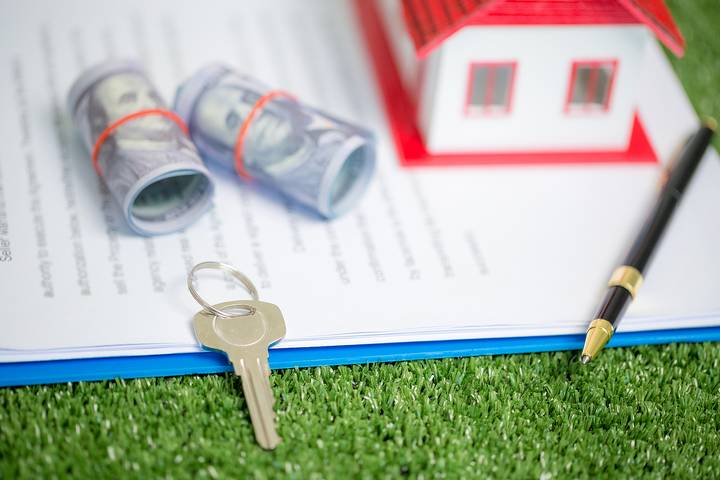
Let’s take a look at some advantages of tax sale properties.
You can buy properties for a price below their market value
People interested in tax sale properties like being able to purchase properties for a price that is way below their market value. Indeed, you could be able to buy a house for a small fraction of its true market value, which represents a great investment. This is because municipalities who conduct tax sales want to get the amount of taxes owed to them, as well as interests and the costs involved with the auction.
It makes your property search easier
Getting in touch with real estate agents and brokers so they can present you with properties you could invest in can take a lot of time. On the other hand, attending a public tax sale auction can simplify things for you. Depending on the area that interests you, you could be presented with many tax sale properties all at once.
There is less competition
Another advantage is that tax sale investing is a niche. Few investors know about these opportunities, so you face less competition when purchasing a property. Learning everything, there is to know about tax sale investing will make you more likely to be successful.
What are the cons?
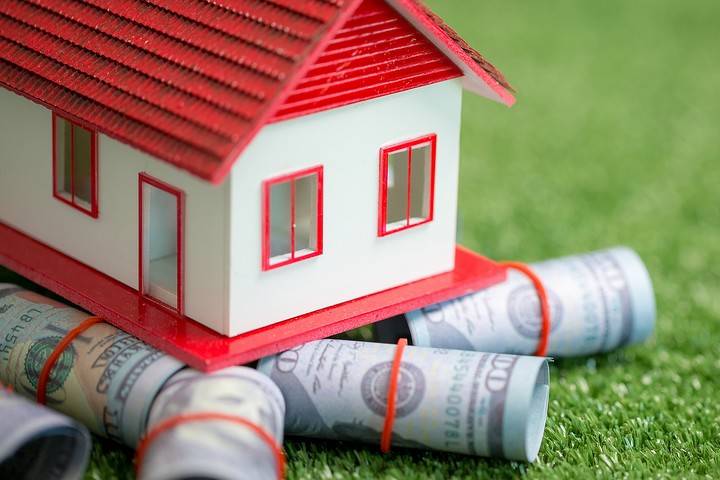
Unfortunately, there are also some cons to buying tax sale properties. You need to be aware of them.
You have to purchase the property “as is”
When you purchase a tax sale property, you purchase it “as is.” You will not be allowed to enter the property before bidding on it, and you will surely not be allowed to have it inspected. This means you will have to look at the property and take a guess at what the interior might look like.
The property you buy might require a lot of maintenance
Since you can’t inspect a property before buying it, you won’t know if it needs much maintenance. And if it does, you will have to take care of all necessary maintenance and repairs, which could cost you a lot of money.
You are responsible for cleaning up the property if it is contaminated
If the property you are interested in was previously used as a gas station, the land could be contaminated. Cleaning up contaminated land is extremely expensive, so don’t buy a such property unless you have the funds to pay for environmental cleanup.

